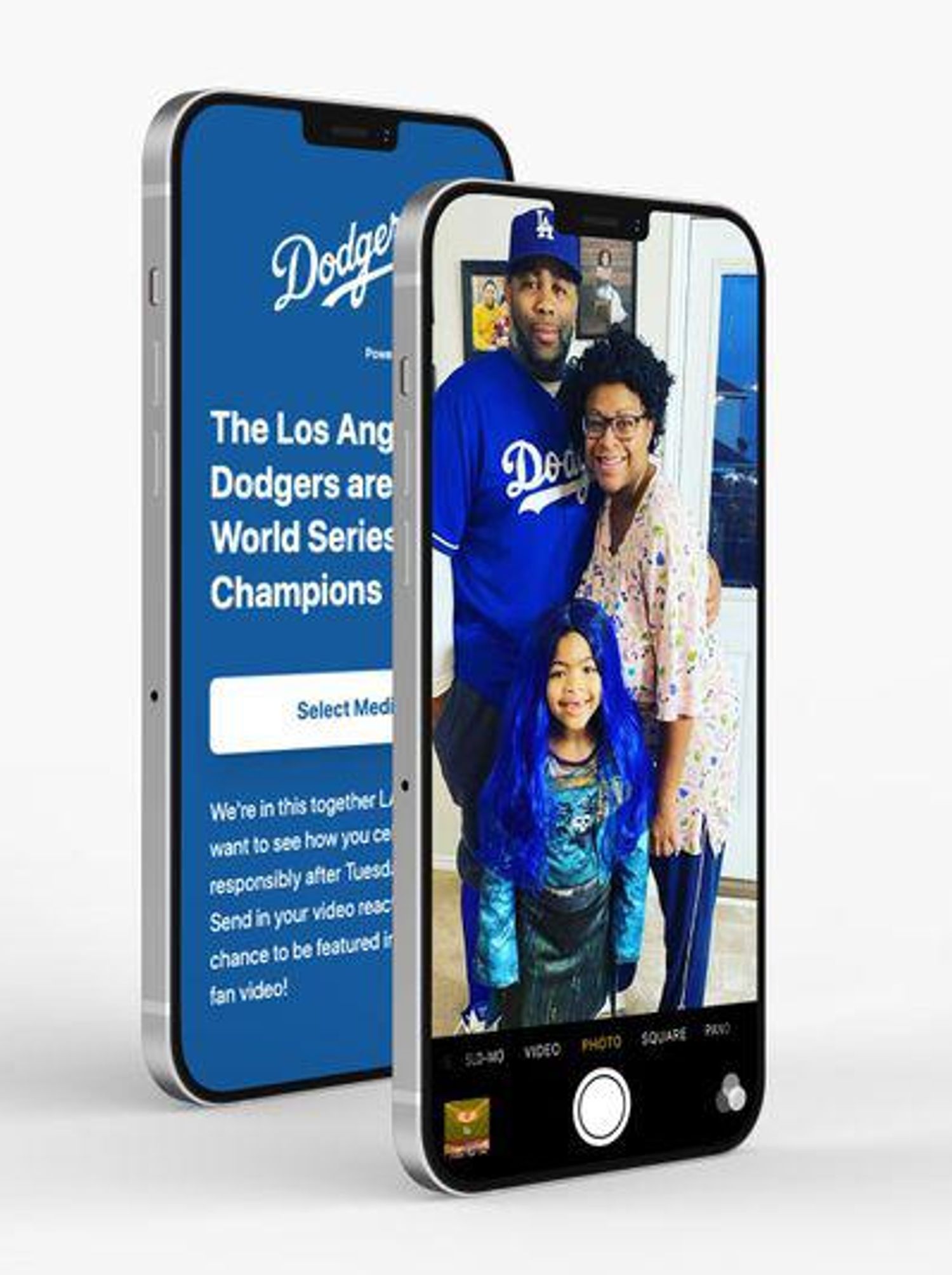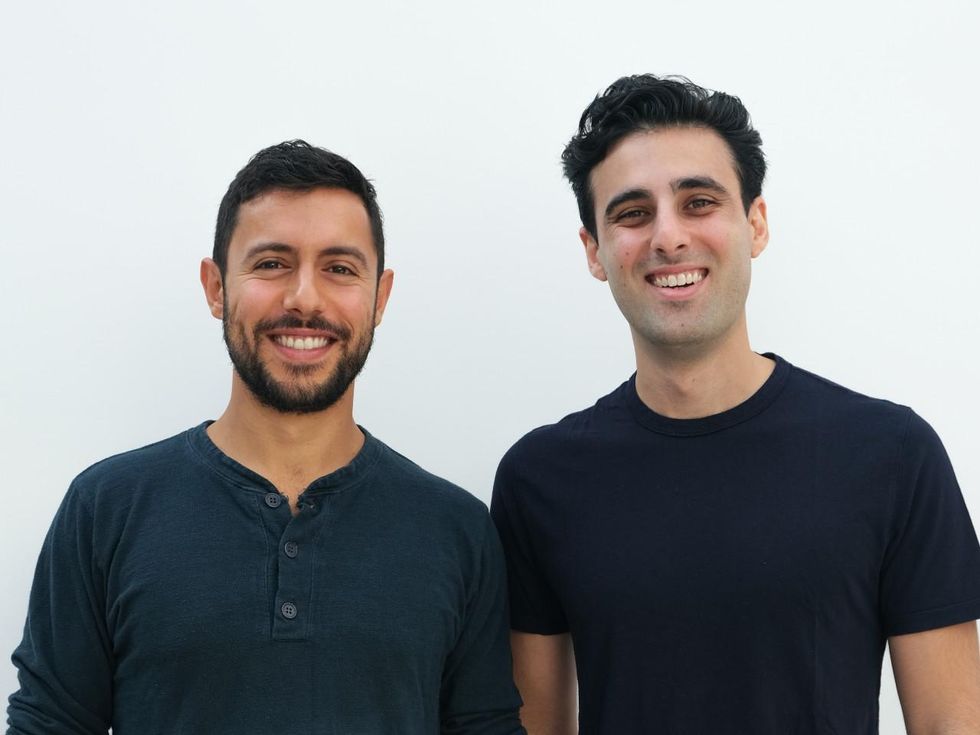Sign up for dot.LA's daily newsletter for the latest news on Southern California's tech, startup and venture capital scene.
Bambee, a Los Angeles-based startup that takes care of human resources for small- and medium-sized businesses, has raised $30 million in new funding to scale up its HR tools and staff.
There are about 6 million small businesses in the U.S. with paid employees, and the vast majority of them—96%, according to Bambee founder and CEO Allan Jones—don’t have in-house HR services to address matters like hiring and anti-harassment training. That is the market Bambee is looking to serve.
Led by fintech-focused venture firm QED Investors, the new round takes Bambee’s total funds raised to date to $65 million. SoftBank, General Catalyst chairman Ken Chenault and American Financing CEO Damian Maldonado also joined in on the deal, as did Santa Monica-based Mucker Capital, L.A.-based Alpha Edison and Gaingels, a syndicate that aims to represent the LGBTQ+ community in venture capital.
Plenty of software companies offer HR and payroll services, including Gusto and Justworks, but Jones says that Bambee is the “only business that offers a dedicated HR manager for $99 [per month].” Bambee directly employs its HR managers, each of whom work on multiple client accounts (the number of which varies based on the size and complexity of the client’s business, per Jones).
Without sharing specific figures, Bambee said in a statement that it doubled its revenue last year and is on track to do it again in 2022. The nearly six-year-old company has just shy of 10,000 paying subscribers.
The Series C round will go toward expanding Bambee’s HR and payroll offerings as well as hiring 150 new employees, primarily at its Downtown L.A. headquarters. The firm also plans to grow its engineering team in Nashville.
A veteran of the L.A. tech scene, Jones dropped out of college to work at wireless network operator Helio in 2006, a few years before the startup was snapped up by Virgin Mobile. He went on to work with Peter Pham’s Science Inc., ZipRecruiter and early-stage investor Amplify before launching Bambee.
- Bambee Raises $15M as Small Businesses Navigate HR - dot.LA ›
- Bambee, LA HR Startup Closes $15 Million Round - dot.LA ›



 JOON co-founders Jon Shooshani (left) and Sebastian Elghanian.
JOON co-founders Jon Shooshani (left) and Sebastian Elghanian.